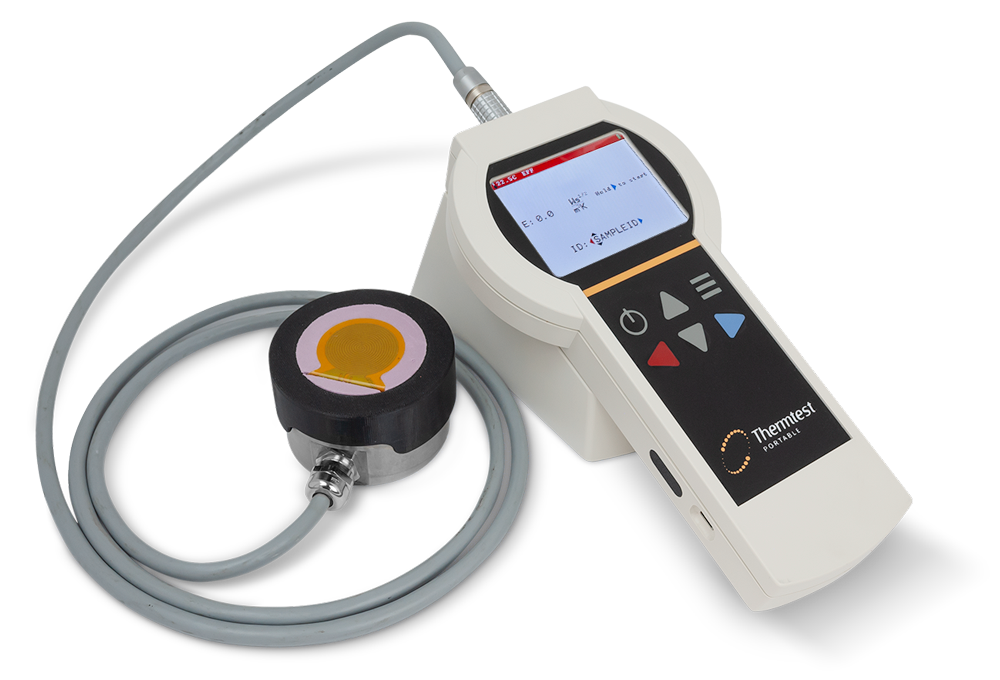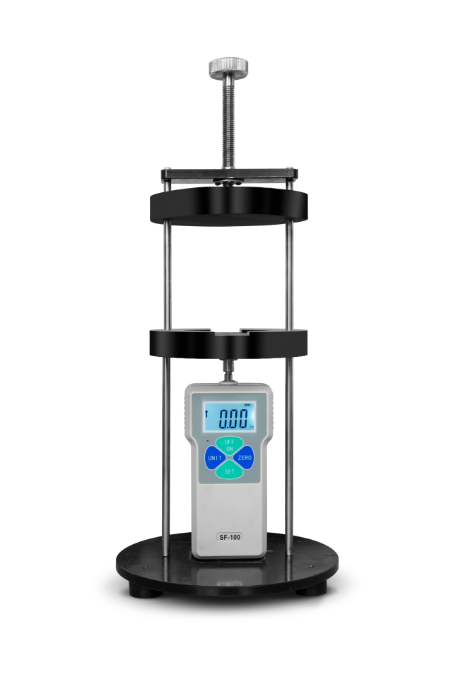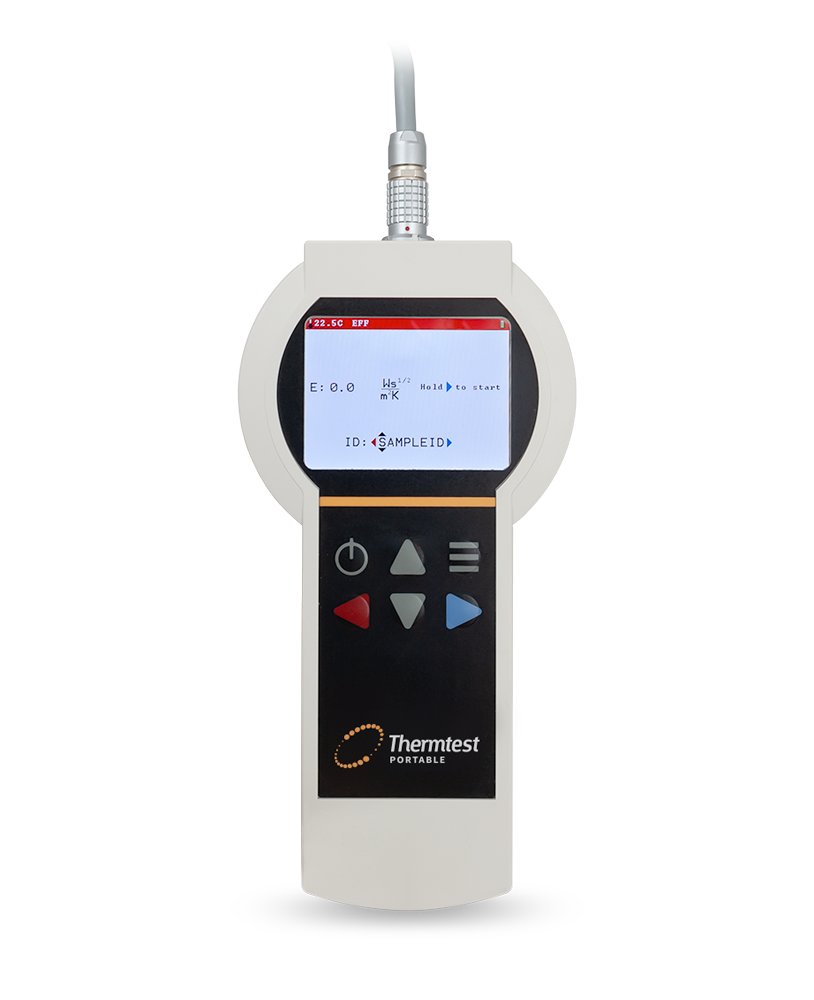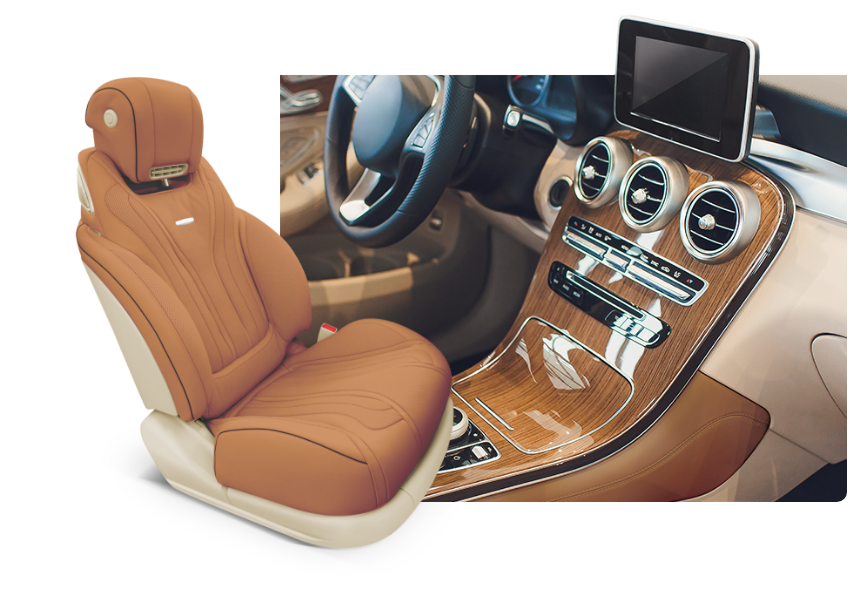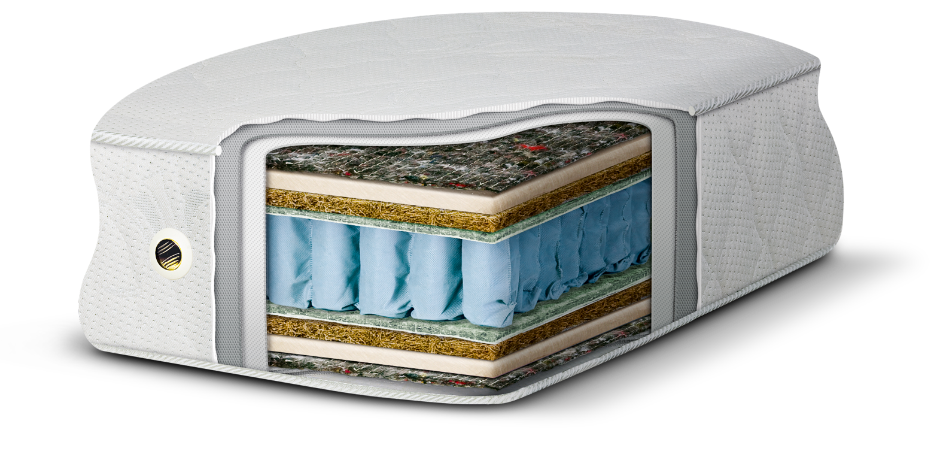Sleep Industry
Sleep products such as mattresses, pillows, or linens rely on thermal effusivity measurements to help manufacture cozier products.
Automotive Industry
Automotive interiors use effusivity to determine the best materials that help create a comfortable experience for the driver and passengers.
Apparel Industry
Thermal Effusivity influences the purchase of clothing, especially in athletic wear and outdoor sports apparel as the ability to keep warm or cool during activities is crucial.
Other Industries
Many industries use effusivity to create the perception of comfort for consumers.
Thermal Effusivity
Thermal Effusivity (W√s/m2K) is described as a materials ability to exchange heat with its surroundings. The feeling of warmth and coolness (thermal effusivity) of a touched material surface plays a key role in the perceived feeling of comfort, or the desired effect. This is an important field of measurement for consumer products, primarily with textiles, fabrics and solids.
TPS-EFF Meter Specification
| Materials | Textiles, Fabrics and Solids |
| Measurement Capabilities | 1-Dimensional |
| Thermal Effusivity Range | 35 to 1700 W√s/m2K |
| Measurement Time | 2 and 10 seconds |
| Reproducibility | 2% |
| Accuracy | 5% |
| Temperature Range1 | -10 to 50°C |
| Minimum Sample Size | 35 mm diameter x thickness dependent on Effusivity |
| Maximum Sample Size | Unlimited |
| Moisture Range | 0 to 90% (non-condensing) |
| Sensor Diameter | 30 mm |
| Standards | ASTM D7984-16 |
| Test Method | Transient Plane Source (TPS) |
TPS-EFF Sensor
2 and 10 second test times
The TPS-EFF can measure thin samples in 2 seconds and layered materials in 10 seconds.
Small Samples
Samples as low as 30 mm in diameter can be tested. No maximum size.
Compression, Humidity, and Temperature
When used with a compression stand and environmental chamber, the TPS-EFF has can measure the effect of compression and humidity and temperature of a materials thermal effusivity.





